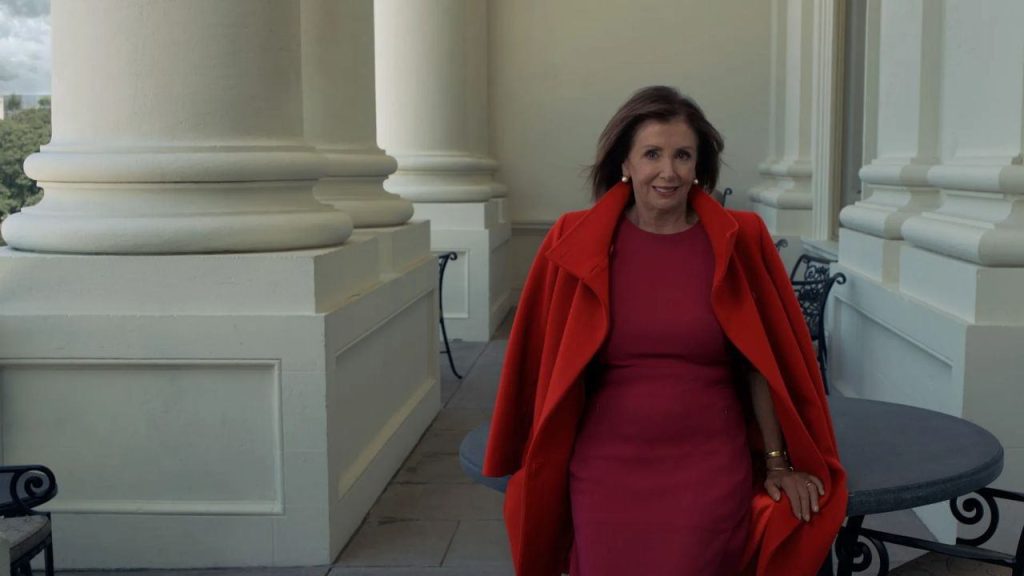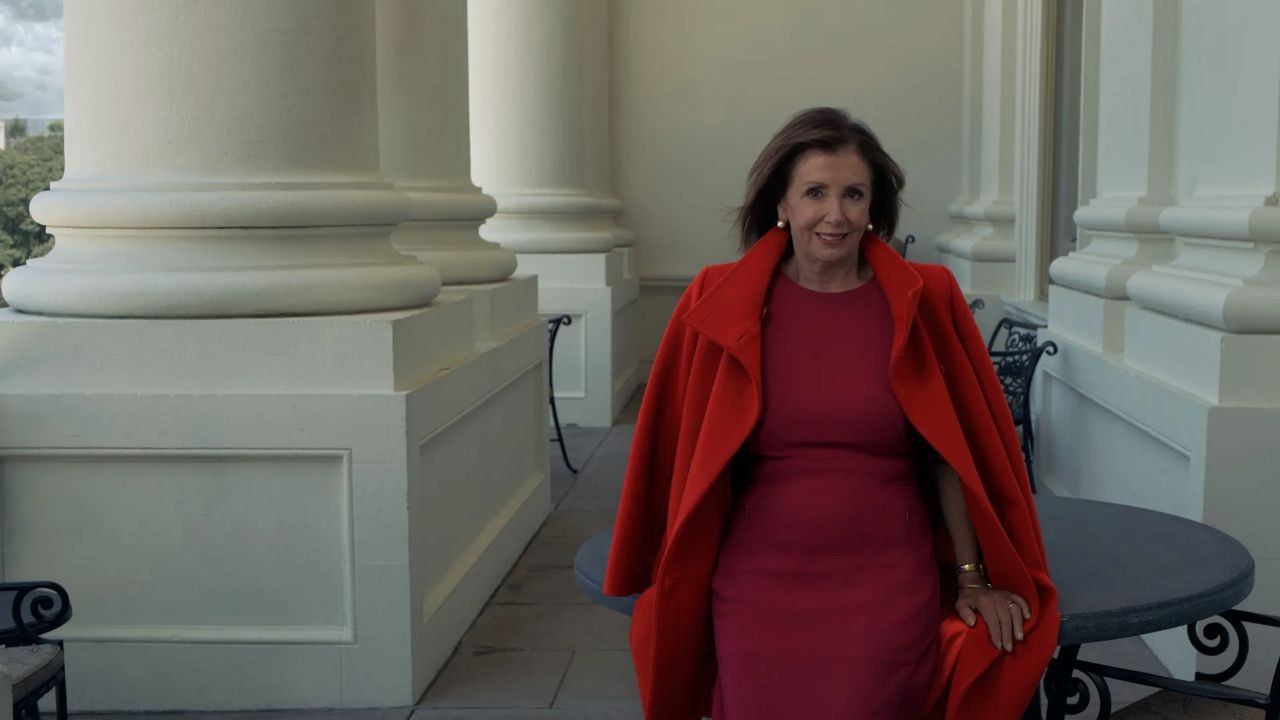
Unraveling the Enigma of Nancy Pelosi’s 2024 Investment Success
The Extraordinary Performance That Sparked Debate
In 2024, Nancy Pelosi’s investment portfolio became a focal point of national conversation, not just for its impressive returns, but for the questions it raised about congressional trading practices. The numbers were staggering: her portfolio reportedly grew between 54% and 70.9%, vastly outpacing the S&P 500’s 24.9% return and even surpassing the average hedge fund’s 10.7% performance. These figures, based on financial disclosures, suggested a net worth potentially reaching $413 million, with gains ranging from $7.8 million to $42.5 million over the year.
The sheer magnitude of these returns positioned Pelosi’s portfolio as an outlier in the investment world. While hedge funds employ sophisticated strategies and risk management techniques, and Warren Buffett’s Berkshire Hathaway is renowned for its long-term value investing, Pelosi’s gains stood out as exceptional. This performance naturally invited scrutiny, particularly given her role as a prominent political figure.
The Investment Strategy: A Blend of Sectors and Timing
While the full details of Pelosi’s investment strategy remain partially obscured, financial disclosures and reports provide some insights into the portfolio’s composition. One notable area of focus was technology, particularly call options in companies like NVIDIA (NVDA). The semiconductor industry’s surge, driven by the growing demand for artificial intelligence and data center technologies, likely played a significant role in boosting returns.
Pelosi’s investments also extended to renewable energy and electric vehicle companies, sectors that align with broader market trends and government initiatives promoting green technologies. These investments may have benefited from both market growth and potential policy support, contributing to the portfolio’s success.
The involvement of Paul Pelosi, Nancy Pelosi’s husband and a venture capitalist, adds another layer to the investment strategy. Venture capital investments are known for their high-risk, high-reward nature, and his expertise in this area could have significantly influenced the portfolio’s performance. The combination of strategic sector selection, market timing, and professional expertise likely created a powerful recipe for success.
The Ethical Dilemma: Insider Trading and Public Trust
The remarkable performance of Pelosi’s portfolio inevitably sparked debates about potential conflicts of interest and the broader issue of congressional trading. Critics argue that lawmakers, by virtue of their positions, may have access to non-ublic information that could inform their investment decisions, giving them an unfair advantage over the general public. This perception of impropriety can erode public trust in government, raising questions about whether lawmakers are prioritizing their own financial interests over the needs of their constituents.
Defenders of congressional trading point out that lawmakers are subject to the same insider trading laws as other investors. They argue that as long as trades are properly disclosed and comply with existing regulations, there is no inherent ethical problem. Some also contend that restricting lawmakers’ ability to invest could discourage qualified individuals from seeking public office.
Despite these arguments, the perception of unfairness persists, and there is growing public support for stricter regulations on congressional trading. The idea of banning members of Congress from buying and selling individual stocks has gained traction, with some lawmakers introducing legislation to that effect. This debate highlights the delicate balance between allowing lawmakers to participate in the market and ensuring that their actions do not undermine public trust.
Beyond Insider Trading: Factors Contributing to Success
While the debate over potential insider trading continues, it’s important to acknowledge that several factors could have contributed to the success of Pelosi’s portfolio, independent of any non-public information. Market timing, for instance, can significantly impact investment returns. Skilled investors who can identify undervalued assets or anticipate market trends can generate substantial profits.
Access to professional advice is another factor. Wealthy individuals often have access to sophisticated financial advisors and investment managers who can provide expert guidance. Pelosi’s portfolio may have benefited from professional management and strategic asset allocation, which can enhance returns and manage risk.
Long-term investments also play a role. A long-term investment horizon can often lead to better returns than short-term trading strategies. If Pelosi’s portfolio included long-held investments in companies that experienced significant growth in 2024, this could explain some of her success.
Risk tolerance is another consideration. Different investors have different levels of risk tolerance, and a willingness to take on higher-risk investments can potentially lead to greater returns, although it also comes with the possibility of larger losses. The combination of these factors, along with Pelosi’s and her husband’s professional expertise, likely contributed to the impressive performance of her portfolio in 2024.
The Path Forward: Transparency and Accountability
Regardless of the specific factors that led to Pelosi’s investment success, the controversy surrounding her portfolio highlights the need for greater transparency and stronger ethical guidelines for members of Congress. Rebuilding public trust in government requires addressing the perception that lawmakers may be using their positions for personal financial gain.
One potential solution is to enact legislation that prohibits members of Congress from trading individual stocks. This would eliminate the potential for conflicts of interest and ensure that lawmakers are focused on serving the public good, rather than their own investment portfolios.
Another approach is to require more detailed and timely disclosure of financial transactions by members of Congress. This would allow the public to scrutinize lawmakers’ investments and identify any potential conflicts of interest. Enhanced disclosure requirements could also deter improper behavior by making it more difficult for lawmakers to engage in questionable trading practices.
Ultimately, addressing the issue of congressional trading requires a commitment to transparency, accountability, and ethical conduct. By taking steps to strengthen regulations and promote public trust, we can ensure that our elected officials are serving the interests of the people, not their own financial ambitions. The debate surrounding Nancy Pelosi’s investment portfolio serves as a reminder of the importance of these principles in maintaining the integrity of our democratic institutions.





